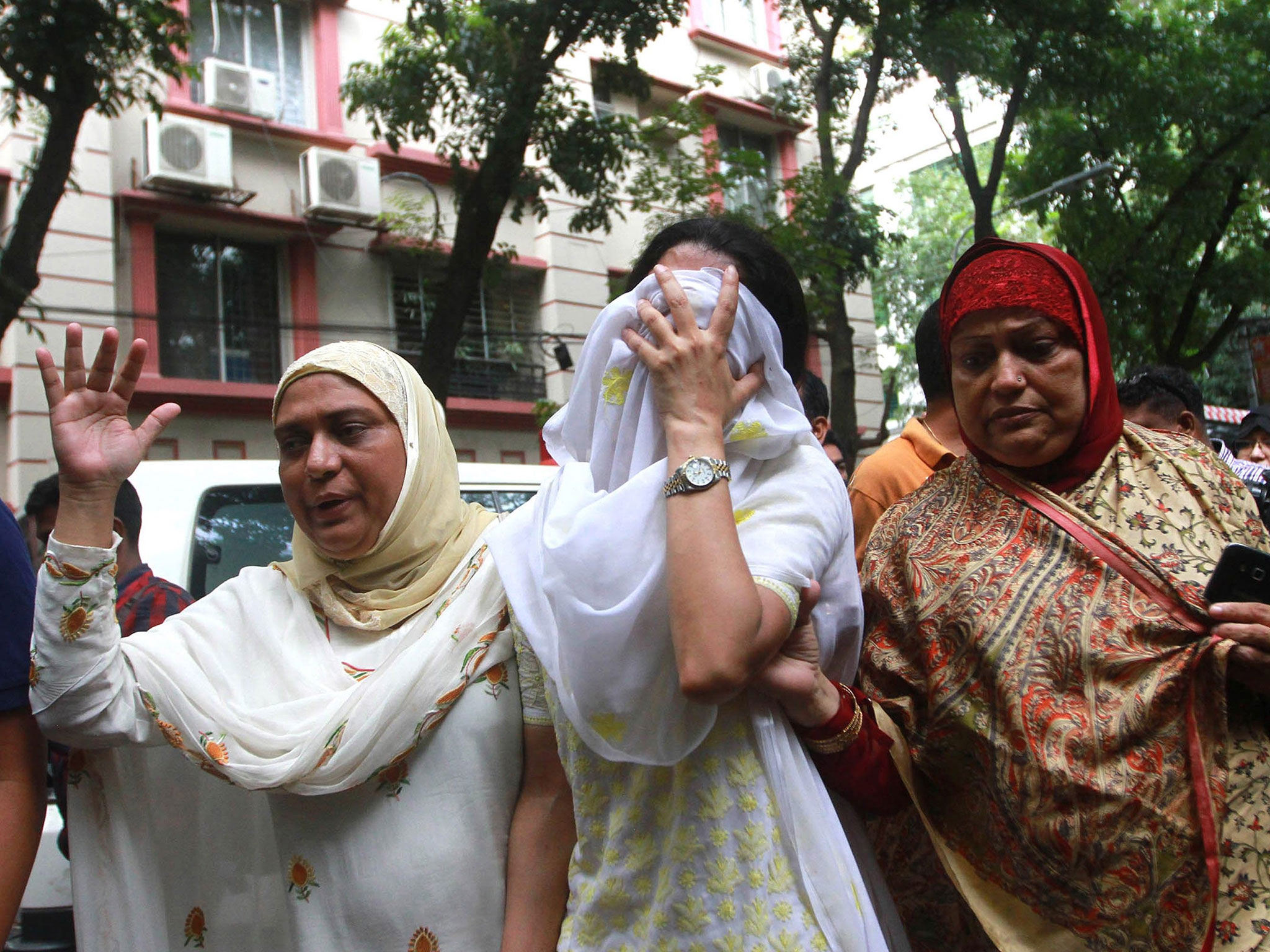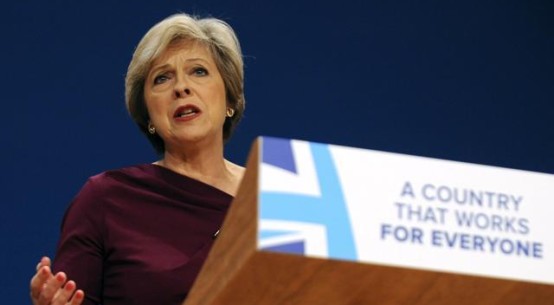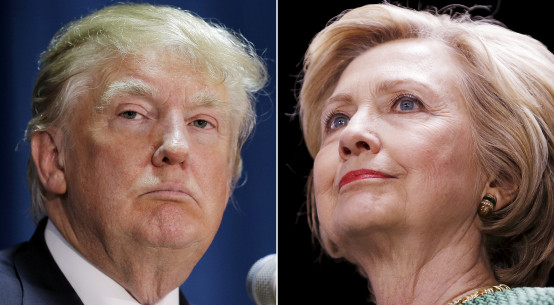
Sheikh Hasina’s government has lived in self-delusion over the serial attacks on secular bloggers, writers and publishers that slowly snowballed into assassinations of Hindu and Buddhist priests and even foreigners like the Italian aid worker Cesare Tavella and Japanese national Kunio Hoshi. Yes, there has been a build-up to that. After the huge Shahbag movement, which reinforced the grip of linguistic secular nationalism on popular imagination, the jihadis and their sponsors — BNP-Jamaat coalition — faced a crisis of existence. When the Awami League returned to power after the 2014 parliament polls, despite the violence, the feeling of survival at stake dawned on the Islamists in Bangladesh. First the BNP-Jamaat tried to discredit Hasina by serial firebombing of buses and derailing of trains, killing 86 innocent people in six months. When Hasina crushed that through determined police action, the Islamist politicians turned to the jihadis. New groups emerged and went for soft targets but all carefully chose to drive home a message. While secular bloggers and publishers, writers and artists were killed to demoralize the Spirit of 1971 that created Bangladesh, Hindu priests were killed to complicate India-Bangladesh relations, and foreigners were killed to chase away investors and traders to cripple Bangladesh’s economy, which has done well under Hasina. But when the serial killings failed to make an impact and Bangladeshis went about their business as usual, the huge terror attack was planned, possibly to shake up Bangladesh and the global opinion about the country. These are homegrown jihadis who are inspired by the IS and seek to acquire IS trappings (adopting Arab names, wearing Arab headgear, photographing victims for Internet uploads with the IS flag in the backdrop) but they do not operate to IS command and control. The ISIS is happy to upload their pictures and claim them as their own because it needs to project a global terror image to show they can hit anywhere and anytime. The ISIS is not like al-Qaeda — it believes in adopting local groups across the world who believe in their Caliphate and can strike at a signal given over the Internet — a very decentralized coalition but one capable of making a global impact. These local Bangladeshi jihadis need an ISIS tag to internationalize the Bangladesh issue, especially the execution of the Jamaat leaders in the 1971 war crimes trials. Let us get this clear that there were no Arabs or Afghans in the Dhaka attack, they were all radicalized Bengali Muslim boys, but the fact that they can kill as brutally as the ISIS should give the Hasina government a hard wake-up call. Homegrown jihadis pose a much greater danger than a one-off attack by an Arab, Afghan or a Pakistani group. They are good enough for killing innocents. Their resistance to the army folded up in 15 minutes because they are not trained for regular combat. But since they are as ideologically motivated and as brutal in killing for the cause of Islam as the Jamaat-sponsored Al-Badr or Al-Shams in 1971, they are a big worry for Bangladesh. This also points to the amazing continuity of politics of this brutal Islamist fringe in former East Pakistan and the present Bangladesh. While the Al-Badr and Al-Shams massacred Bengali intellectuals two days before the fall of Dhaka, their 21st century grand-cousins kill secular bloggers, publishers, writers and artists. They are targeting the thought leaders of Bengali nationalism, whose manifestations are strongly linguistic and cultural. They also target the symbols of Bengali culture.
| These jihadis have a political agenda to bring down the Hasina government to its knees, to decimate the secularists, to Talibanise Bangladesh. But they will fail just as their predecessors have. Bangladesh is a Bengali nation and it will not surrender its political or cultural sovereignty and identity to any medieval Caliph. Yes, most Bengali Muslims are devout and pray but they do not bring religion into their public life. If one marvels at the motivation and fanaticism of the Dhaka cafe killers and their courage in the face of a military assault, one also have to marvel at the raw courage of youngster Faraaz Hussain, who refused to abandon his friends, including an Indian girl, Tarishi Jain, though he could have by reciting the Quranic verses. Or the courage of someone I called choto bon (dear sister) Ishrat Akhond, who told the jihadis point blank that she will never put on hijab, come what may, only to get shot. This shows that on both sides of a bitterly polarized Bangladesh, there are people with fierce convictions. |
Bangladesh is a secular and liberal country, which has undergone phenomenal female empowerment. But there is a dangerous and violent Islamist fringe, which is getting more violent because it is facing a crisis of existence. The global sponsors of this Islamist fringe are putting in resources, financial and otherwise, to boost Islamist schools, mosques and madrassas. Bangladesh is a threat to hardline Salafist Arabised Islam because it reposes its faith in a secular polity based on Bengali linguistic nationalism. So, these petrodollar-driven West Asian foundations and those based in Pakistan, backed by ISI, are financing jihadi activities and boosting radicalization through a host of means. Bangladesh is suffering the distortions caused to its constitution by two military regimes of Zia and Ershad, when the fifth and eighth amendment undid the country’s secular super structure and made Islam a State religion. Hasina has not been able to change that so far for fear of a backlash, but she plans to bring about necessary amendments to restore the 1972 constitution towards the end of her regime. We are aware of the kind of backing all jihadi groups got during Khaleda’s time. Khaleda has now called for unity to fight terror, but why is she not forsaking the Jamaat as many of her nationalist partymen want? The divisive politics fuelled by the rivalries of the two Begums is actually the fallout of an inevitable polarization that exists in Bangladesh because the two formations (BNP-Jamaat and the Awami League and its allies) subscribe to two entirely conflicting visions of Bangladesh. It has hit at the culture of impunity that the military rulers and Khaleda had provided to the jihadis to derail Bangladesh’s journey on its chosen path, based on the spirit of 1971. A backlash is inevitable. Look how Pakistan is defending the horrific killers of 1971 and calling them ‘loyal Pakistanis’. The ISI is involved in backing jihadis, so two of their staffers are expelled this year for funding jihadis with fake currency. Hardline Islamists in West Asia are upset with the hangings, which was the demand of the nation after Hasina won the polls in 2009 and 2014 on an explicit promise in the Awami League manifesto that she would go ahead with the war crimes trials. Do you expect Hasina to undermine her secular support base to appease an Islamist fringe which wants to eliminate her?
Subir Bhaumik is a BBC journalist and author



